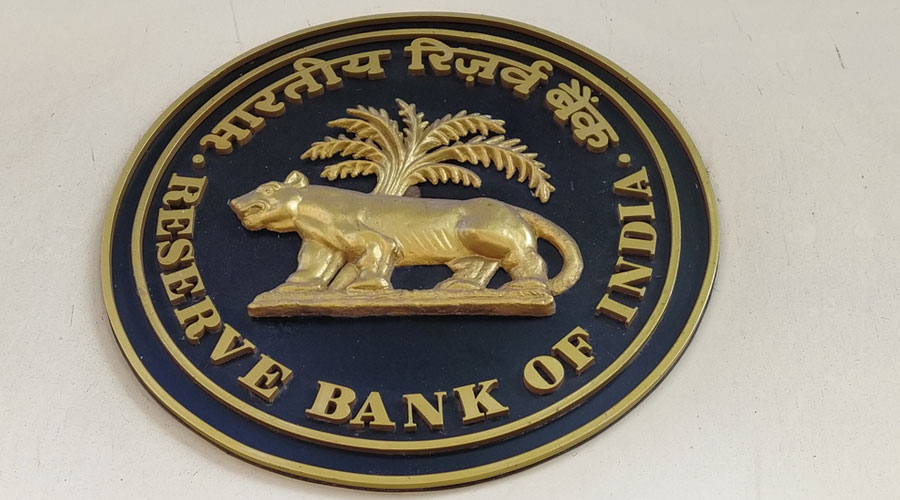The Reserve Bank on Friday said structural reforms were essential for sustained, balanced and inclusive growth, and also to deal with the after-effects of the pandemic.
In its annual report, the RBI also stressed that the future path of growth would be conditioned by addressing supply-side bottlenecks, calibrating monetary policy to bring down inflation and boosting capital spending.
The apex bank proposed reforms especially by helping workers adapt to the after-effects of the pandemic by reskilling and enabling them to adopt new technologies for raising productivity.
The escalation of geopolitical tensions into war from late February 2022 has delivered a brutal blow to the world economy, battered as it has been through 2021 by multiple waves of the pandemic, supply chain and logistics disruptions, elevated inflation and bouts of financial market turbulence, triggered by diverging paths of monetary policy normalisation, it added.
“... the immediate impact of geopolitical aftershocks is on inflation, with close to three-fourths of the consumer price index at risk. The elevation in international prices of crude, metals and fertilisers has translated into a term of trade shock that has widened trade and current account deficits,” the report said.
High-frequency indicators already point to some loss of momentum in the recovery that has been gaining traction from the second quarter], with 86.8 per cent of the adult population vaccinated and 3.5 per cent receiving booster doses.
The RBI further said supply-side policy interventions such as removing customs duty on import of raw cotton, prohibiting wheat exports, reducing road and infrastructure cess on petrol by Rs 8 per litre and diesel by Rs 6 per litre, increasing exports duty on certain steel products could, however, provide some offset.











